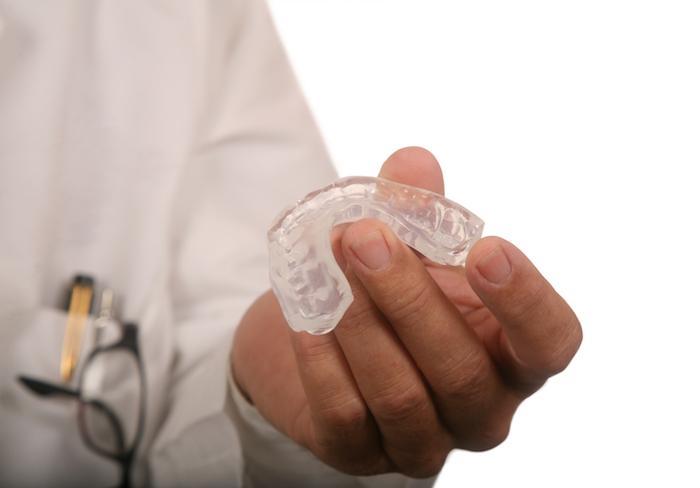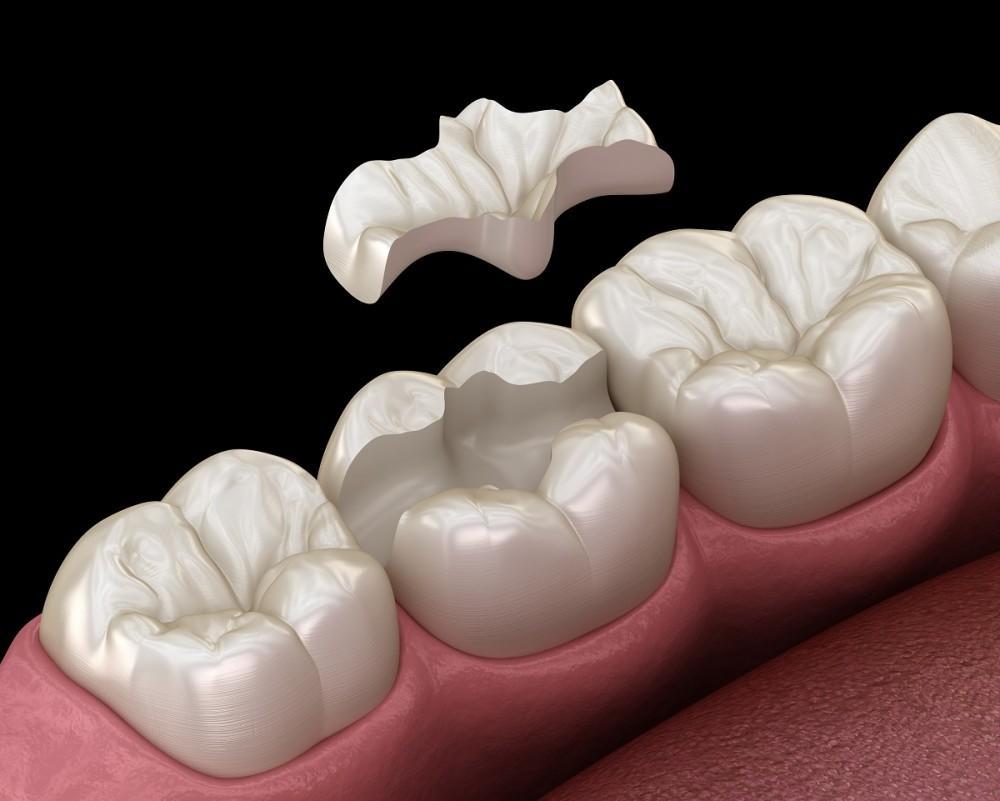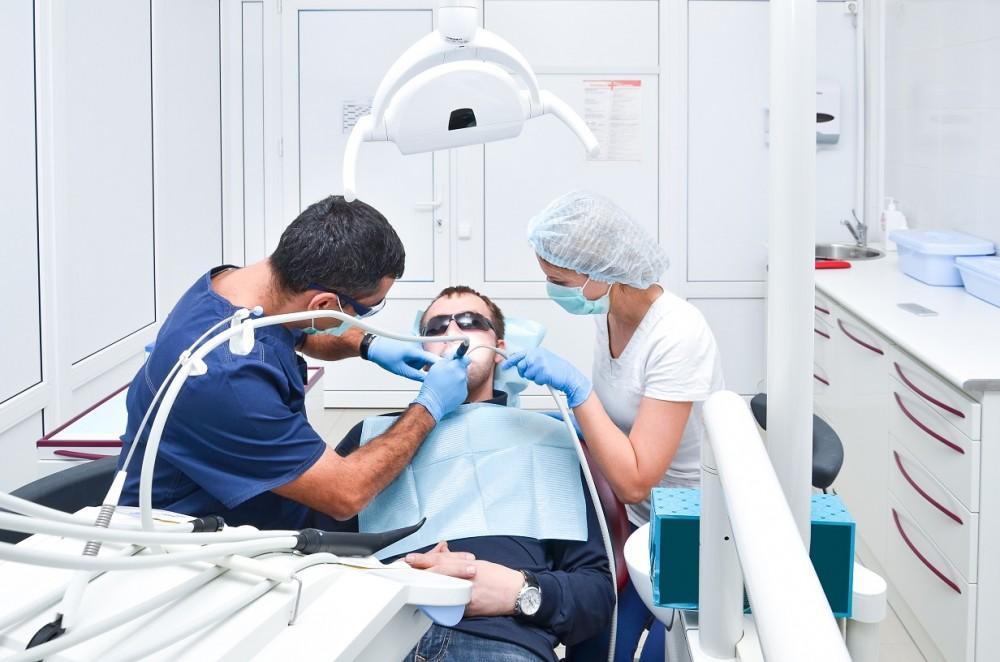
Periodontal disease, or gum disease, is the most common cause of tooth loss in the United States. That’s a sobering fact in and of itself, but it’s due to the fact that people often aren’t aware of the severity of their gum disease until it’s progressed to a late stage.
At their office in Fullerton, California, the Arya Dental Team takes a proactive approach when it comes to gum disease, to ensure that you’re never in the position of risking tooth loss and other painful problems.
The dentists at Arya Dental, Dr. Saeed Mokhayeri and Dr. Hengameh Safarcherati, believe in the importance of preventive care and watch you carefully for any signs of bacterial infection in your gum tissue. If you come to us with gum disease, we offer the best solutions to treat it, and a caring touch.
Gum disease is insidious
The fact that gum disease so often sneaks up on people is something we keep in mind whenever we examine a patient. The earliest stage of gum disease is gingivitis, and you might notice symptoms like gum swelling, redness, and a bit of bleeding when you brush and floss.
The good news is that at this point, you and your dentist have the power to completely turn your gum disease around, simply by stepping up your oral hygiene practices and getting your teeth professionally cleaned here at our office a bit more often.
If gingivitis isn’t addressed, it leads to periodontitis, a more serious, advanced situation. When plaque and tartar start to overwhelm your gums, periodontitis symptoms emerge, including:
- Severe gum irritation
- Receding gums
- Heightened bleeding when you brush and floss
- Pain with chewing
- Pus between your teeth and gums
- Bite changes
- Tooth sensitivity
- Noticeable bad breath
- Loose teeth
The worsening recession that occurs as gum disease progresses allows pockets to form between the teeth and gums that collect ever more bacteria and food particles. As the pockets deepen, your teeth are increasingly vulnerable to falling out.
Gum disease hurts more than just your gums
A major discovery in recent decades is that gum disease not only puts you at risk for painful oral conditions, it’s linked to serious overall health conditions, including:
- Heart disease
- Certain cancers
- Lung disease
- Dementia
- Diabetes
- Rheumatoid arthritis
- Stroke
Research supports the possibility that gum inflammation leads to cardiovascular inflammation, and that gum bacteria can enter your blood system and travel to distant sites, like your heart, where inflammation develops.
This bacterial link is also revealed when the joints of rheumatoid arthritis patients are studied.
Diseased gums are linked to changes in how blood and oxygen travel to the brain, which increases stroke risk. Gum disease has also been shown to raise blood sugar levels, possibly putting you at risk for Type 2 diabetes.
Other studies highlight the link between gum disease and cancer risk. One theory, for example, is based on the fact that bacteria related to gum disease manufacture a kind of enzyme that’s found in some gastrointestinal system tumors.
With lung disease, researchers note that mouth bacteria can be breathed into the lungs and may fuel inflammation-causing infections. Periodontitis can also exacerbate inflammation in those who have conditions like COPD and asthma.
Finally, multiple studies have found a link between chronic periodontitis and dementia risk.
How is periodontitis treated?
At Arya Dental, we create a gum disease treatment plan that’s customized to your condition and needs.
We may recommend a series of appointments where we perform scaling and root planing, a deep cleaning process where your doctor removes tartar and plaque from below your gumline and smoothes the roots of your teeth to encourage reattachment to the teeth.
We also prescribe antibiotic treatment and pocket irrigation, where we use a special irrigator tool to dislodge debris and plaque from between your teeth to prevent pockets from developing.
For more serious gum diseases, we may advise gum surgery or tooth extraction.
Don’t dismiss the symptoms of gum disease. If you do, you set yourself up for discomfort, inconvenience, and most importantly, serious oral and other health problems.
We help you prevent gum disease, treat you if you’re diagnosed, and once you’re treated, counsel you on how to lower your risk from then on. Call our Fullerton office to schedule a consultation, or book one online.






